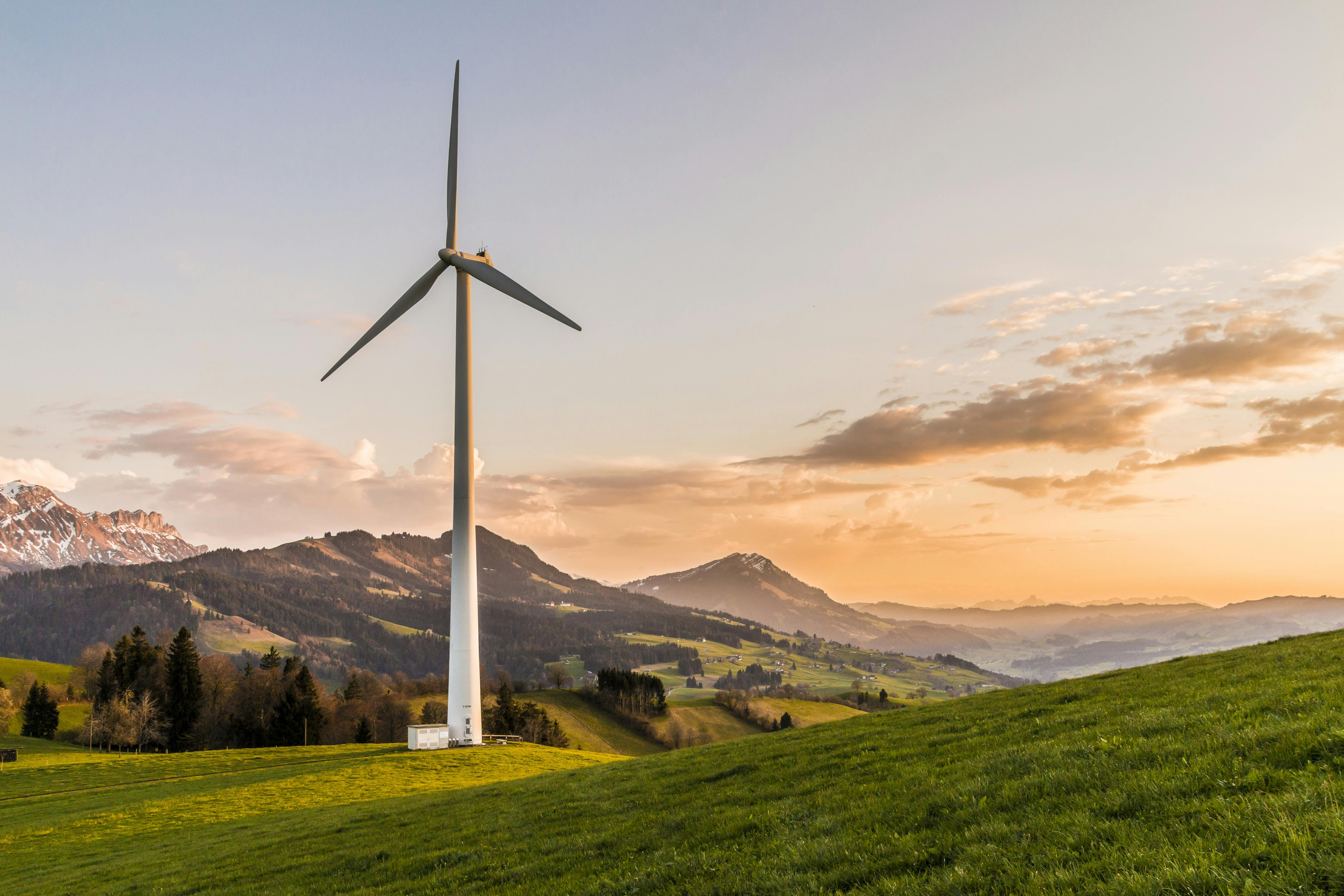Sarawak, Malaysia, is on a mission to boost its power generation capacity to 10 gigawatts (GW) by 2030, driven by the rising demand for clean energy from industries like those emerging in the Sarawak Energy Hub in Bintulu.
The state plans to generate this electricity primarily from renewable sources such as hydropower, solar, gas turbines, and biomass energy, according to Sarawak Premier Tan Sri Abang Johari Tun Openg.
State-owned Sarawak Energy Bhd (SEB) has witnessed a significant growth in its energy generation capacity, reaching 5,745 megawatts (MW) in 2023, with a focus on renewable hydropower supplemented by indigenous coal and gas generation.
The renewable energy comes from major hydroelectric dams like Bakun, Murum, and Batang Ai, with plans to increase hydropower capacity to 4,737MW by 2028 with the Baleh dam project.
SEB aims to increase solar energy to comprise 12% of its total capacity mix by 2030.
Sarawak’s commitment to sustainability extends to facilitating bilateral transmission interconnections with neighboring countries, exemplified by exporting electricity to Pontianak, Indonesia, with plans for Sabah, Brunei, and Singapore.
The Sarawak Energy Hub, a key point for energy-intensive industries, highlights the region’s growing demand for green energy, with projects like the H2biscus hydrogen project aiming to harness hydropower and natural gas for producing green and blue hydrogen, as well as ammonia for export.

